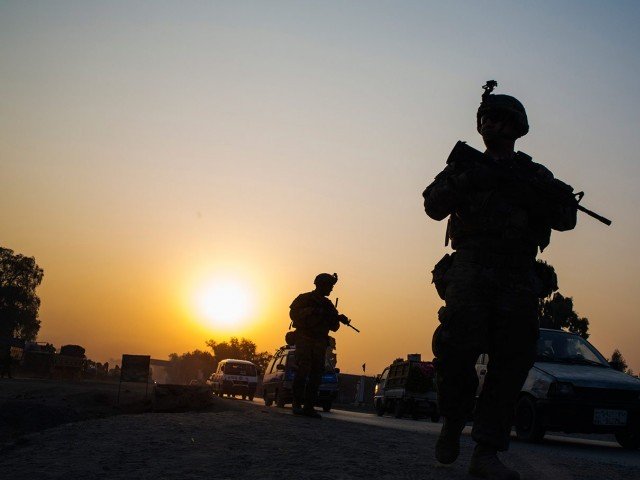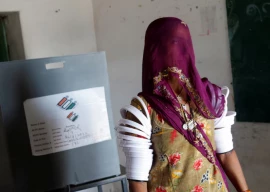
The deal, envisaging a host of measures to be taken both by the US and the Afghan Taliban, has been under threat after President Ashraf Ghani refused to honour a clause related to prisoners exchange.
What has further compounded the situation is the sudden surge in violence after a week-long lull in the country.
The US military confirmed on Wednesday that they launched ‘defence attacks’ against the Taliban as they were preparing to target the Afghan security forces.
But the major stumbling block is the reluctance shown by President Ashraf Ghani to free 5,000 as part of confidence building measures leading to the intra-Afghan dialogue.
The Taliban have made it clear that they would only join the intra-Afghan talks once their prisoners are released.
Ghani on the other hand insisted that such an exchange was not possible ahead of the talks. In his latest statement, the Afghan president urged the Taliban to break ‘ties with Pakistan’ if they wanted their prisoners to be freed.
Sensing the situation, the Trump administration is making desperate efforts to convince President Ghani on the issue of prisoners’ release.
While President Trump spoke to Taliban political chief Mullah Abdul Ghani Baradar, the Amir of Qatar telephoned President Ghani.
The high-level contacts between the key players were aimed at removing potential roadblocks in the way of the intra-Afghan dialogue, diplomatic sources privy to the development said.
Pakistan is also making efforts on its part to ensure that everything goes according to the plan.
On Tuesday, Foreign Minister Shah Mahmood Qureshi urged the Afghan president to show flexibility in his approach to the peace efforts.
Qureshi said the release of prisoners were important steps towards creating an environment conducive for the intra-Afghan dialogue.
Kabul, however, objected to Qureshi’s friendly advice and called it as interference in the internal matters of Afghanistan.
When war wins
Observers believe President Ghani feels left out of the current process. In addition, he thinks that he may not have a major role in the intra-Afghan dialogue. This could be the main reason he has not reacted positively to the US-Taliban deal.
Ghani is also upset that the US stopped him from taking the oath for his fresh 5-year term. Washington believes that at present it is important that an inclusive government is set up through the intra-Afghan dialogue.
With uncertainly hanging over the intra-Afghan dialogue, there is a possibility that US chief negotiator Zalmay Khalilzad may travel to Kabul to discuss the issue with the Ghani administration.
Trump is desperately seeking a peace deal before going into his re-election later this year. This, according to the sources, gives hope that the US would eventually rally around all sceptics in Afghanistan for the intra-Afghan dialogue.


















-(1)1714116455-0/Heeramandireactions-(2)-(1)1714116455-0-270x192.webp)











1714024018-0/ModiLara-(1)1714024018-0-270x192.webp)









COMMENTS (1)
Comments are moderated and generally will be posted if they are on-topic and not abusive.
For more information, please see our Comments FAQ